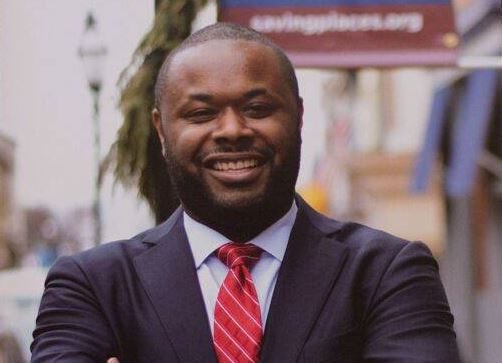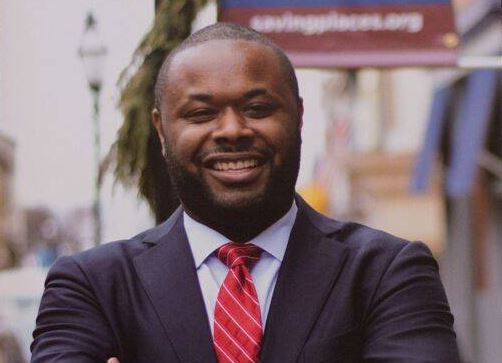[ad_1]
Submitted to the AFRO by By Cory McCray
At its best, government exists to serve an essential function: helping people. Reaching this goal can only be achieved when the public agencies created to help people are accountable and efficient. The Baltimore Police Department is one of these agencies.
Over the past several legislative sessions, I have introduced bills aimed to improve public safety by ensuring that the Baltimore Police Department is focused on fiscal responsibility. The measures I have introduced include mandatory reporting of expenditures for long-term crime prevention solutions, updating the police districts in the city and beginning to conduct independent legislative audits of the department.

The problems within the Baltimore Police Department have been well documented. Among them, a mandatory consent decree between the City of Baltimore and the Department of Justice and federal prosecutions of the Gun Trace Task Force and multiple other individual officers. Even still, the State of Maryland has been slow to act. Here’s why this is a problem. The Baltimore Police Department is overseen by the State of Maryland, much like the Baltimore City Public Schools system and the Baltimore City Liquor Board. However, the police department is the only one of these state agencies that does not undergo an independent audit by the Office of Legislative Audits. Because of this, I introduced House Bill 561 in 2017.
There has also been a change in the way that funding is allocated to the Baltimore Police Department from the Governor’s Office of Crime Control and Prevention. From Fiscal Years 2013 to 2016, approximately $2 million was appropriated specifically for community policing. Since FY 2017, however, the Governor’s Office of Crime Control and Prevention has appropriated all of these funds into a single “crime reduction grant.” This is problematic in two regards. First, we know that community policing is a long-term strategy for crime prevention so we should be making sure that funds are dedicated specifically for that purpose. Second, it makes it difficult for legislators to measure the results of the programs being funded by these types of grants if we don’t know what exactly the money is being appropriated for. To remedy this dilemma, I introduced House Bill 1259 in the 2018 session.
Meanwhile, as the population in Baltimore has fluctuated and the volume of service calls has changed, the geographic boundaries for our city’s nine police districts have been left unaltered for the last 50 years. Not only does police districting have an effect on the services provided to community members, it is also important for data collection purposes. In an increasingly technology-driven environment, measuring data relative to each police district assists law enforcement leadership in making decisions about where and how resources are deployed. But the data shows an incomplete picture when the geographic boundaries that are being used are not reflective of the population trends and law enforcement needs of the present day. For this reason, House Bill 440 has been introduced in the Maryland General Assembly for the past three sessions.
I would like to applaud my colleagues in the Maryland House of Delegates, who have passed each of these measures without opposition. Unfortunately, there was resistance in the Maryland Senate with respect to each of these pieces of legislation. This year, it is imperative that the Senate follows suit and votes to pass these bills into law. The reality is simple: we can no longer delay taking steps like these to ensure greater levels of accountability and efficiency within our city’s police department.
Implementing these pieces of legislation will also require the support of the executive branch. I challenge Governor Larry Hogan, who has spoken out unapologetically about Baltimore City Public Schools receiving independent audits and becoming more fiscally responsible, to show this same level of heightened concern for our city’s police department.
We all know that public safety is the single issue that looms largest in the City of Baltimore. I believe that it is incumbent upon both the legislative and executive branches to speak out for law enforcement practices that will curb overtime abuse, increase budgetary transparency, and deploy resources in the most effective manner possible. These are exactly the types of reforms I hope that we can join together to implement during the upcoming 2019 legislative session in Annapolis. We can start by enacting these three pieces of legislation into law.
Cory McCray is a member of the Maryland House of Delegates, representing the 45th District, which encompasses Northeast and East Baltimore City.
[ad_2]
Source link

